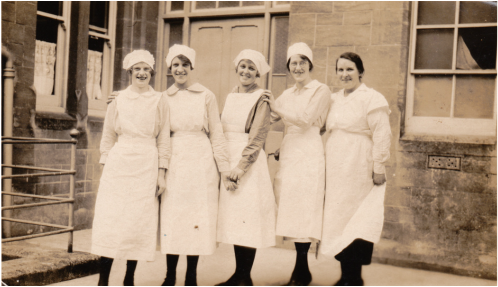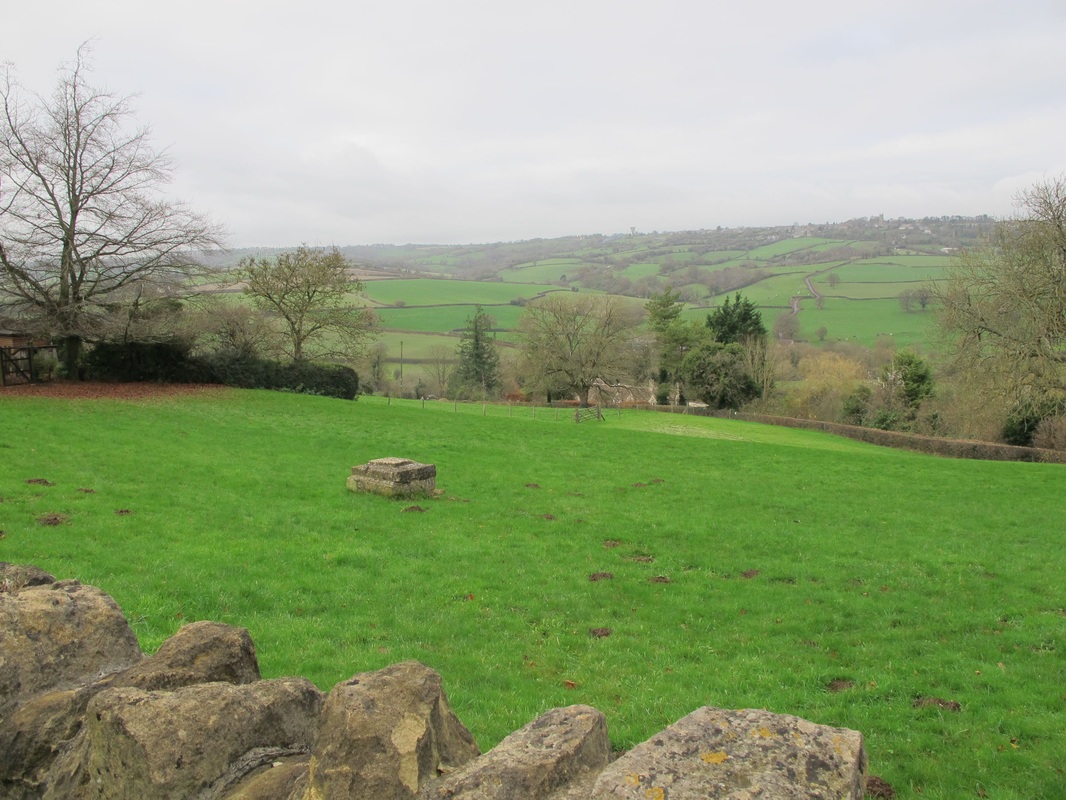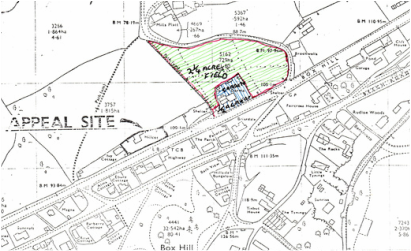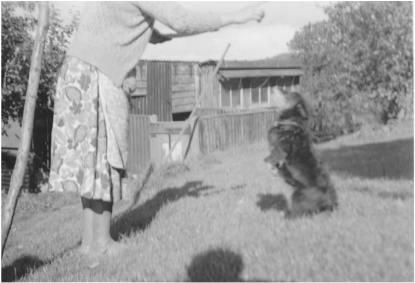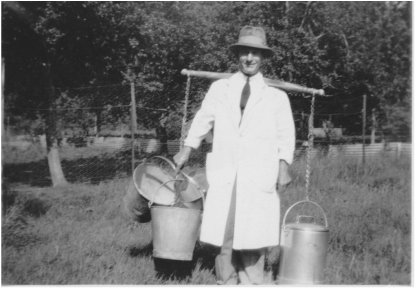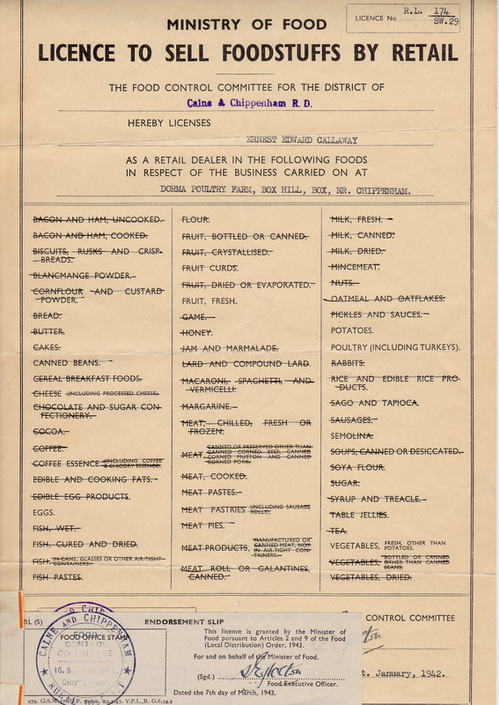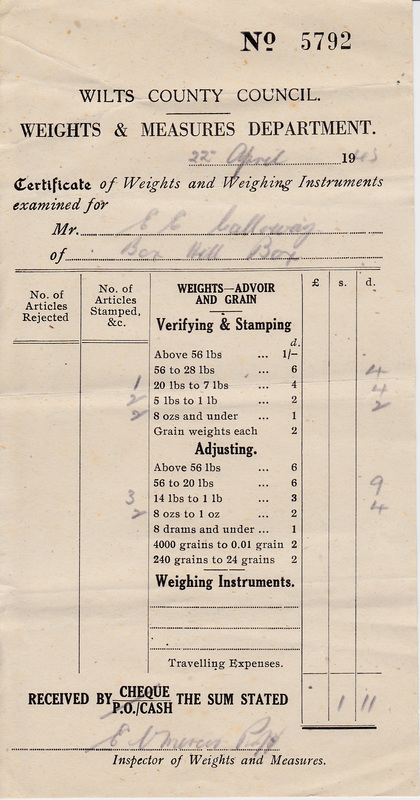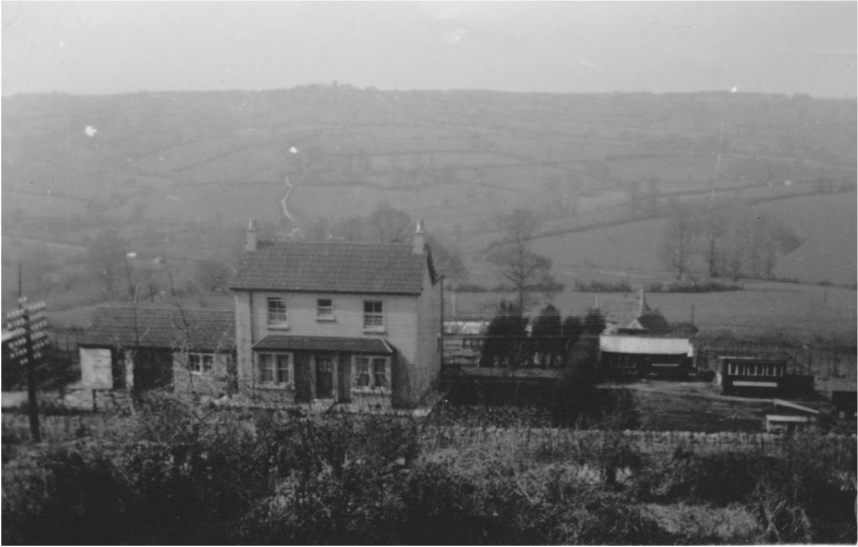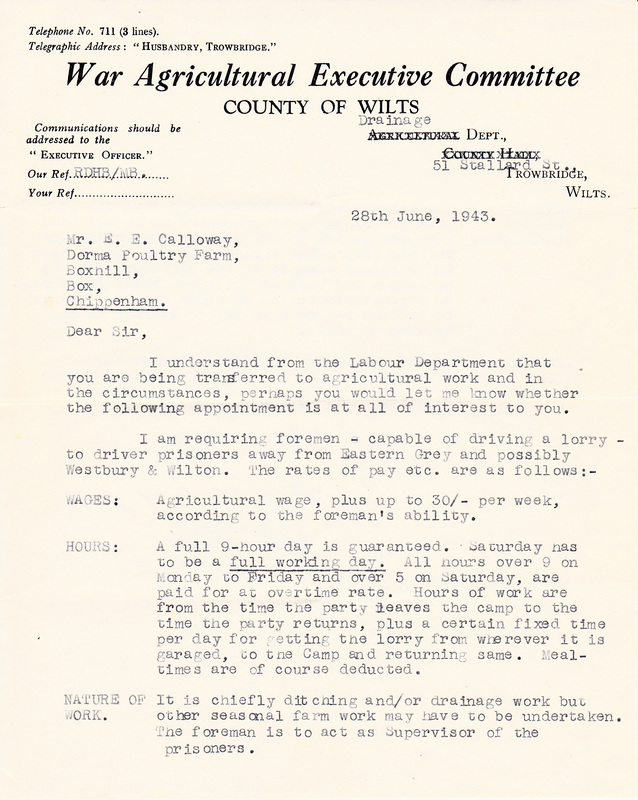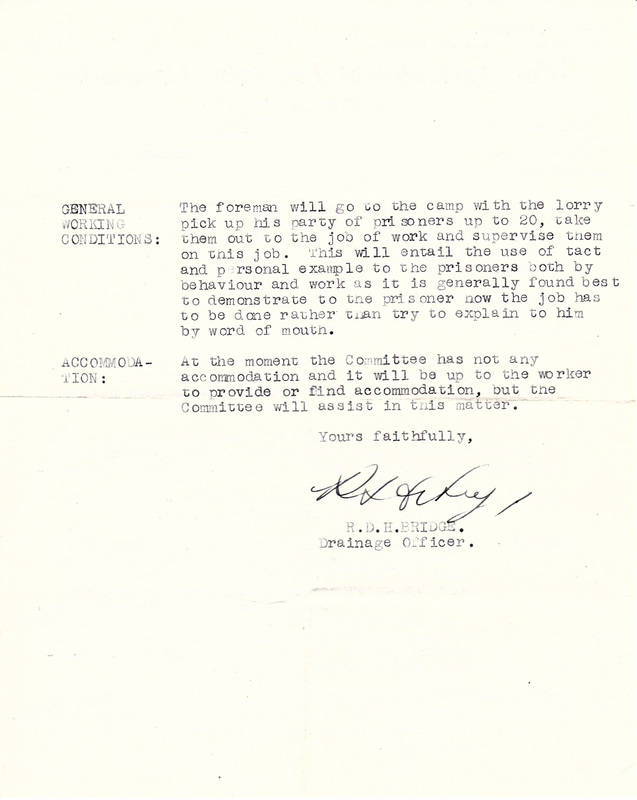|
Dorma and its Poultry Farm
Eric Callaway, May 2016 Documents and photos courtesy Eric Callaway Dorma is the house going up Box Hill on the left, just set off the road. This is Eric Callaway's story of the house and the smalholding run by his father, Eddie, called Dorma Poutry Farm, which existed there before and during World War 2. Right: Eric's grandmother, Rhoda, known as Daisy, (right) in service for the Wills family at Fogleigh House |
Mineral Water Plant
The area known as Quarr Close field was famous for a mineral water bottling business operated by David Milsom in the early 1900s. There were fewer houses in that location than now but the two garages further up the hill did exist and were part of the bottling business. You can see how the bottling plant worked from the JB Bowler Mineral Waters display at the Museum of Bath at Work, Julian Road, Bath.[1]
The area known as Quarr Close field was famous for a mineral water bottling business operated by David Milsom in the early 1900s. There were fewer houses in that location than now but the two garages further up the hill did exist and were part of the bottling business. You can see how the bottling plant worked from the JB Bowler Mineral Waters display at the Museum of Bath at Work, Julian Road, Bath.[1]
|
The source of the water is still in existence and I remember spending hours pumping up the water which we used for domestic purposes when our family house at Dorma had been built.
We used a semi-rotary pump and piped it across to our house with a leather flapper at the end of the pipe to stop the water from flowing back. In the late 1950s a child nearly fell down the well and my father and I decided to replace a wooden cover with a stone block. Before we did so, we measured the well and it was 33 feet deep to water and 16 feet of water below in the well. Bottling of water ceased prior to 1934. |
|
Dorma and our Poultry Farm My father, Ernest Edward (known as Eddie) Callaway, bought the site of Dorma as a domestic house in the 1930s. He negotiated with George's Brewery for the Right of Way to facilitate entrances for the pub and the house. Dorma is seen marked in green on the Appeal Site map (ight). The present house was built in 1934 by the builders, Osbournes of Corsham. Eddie started the small holding in 1932-33 and married my mother, Lillian May Oatley in 1936. |
Below left my mother and Judy the dog in front of the pig sty at Dorma and below right my grandfather, Edward Callaway, carrying the milk churn.
Money was very different in those days. Eddie's accounts book shows that in January 1937 he received £1.18s for 24 dozen eggs and on 24 December 1937 he paid himself £3 as his Xmas wages. He built up quite a varied smallholding there selling milk at times and meat from the pigs housed in the pigsty above.
When the Second World War came, my father was too old to be called up at first and anyway he was in a reserved occupation. Instead he worked almost every evening as an Air Raid Precaution warden surveying the night skies for enemy aircraft movement and recording the bombs that dropped in the Box area.
When the Second World War came, my father was too old to be called up at first and anyway he was in a reserved occupation. Instead he worked almost every evening as an Air Raid Precaution warden surveying the night skies for enemy aircraft movement and recording the bombs that dropped in the Box area.
The business was officially recognised and Dorma Poultry Farm was licensed to sell produce. I still have the licences for 1939 and 1942 (below left) and his weights and measures clearance from 1943 (below right).
Seen below the Dorma Poultry Farm smallholding on the left and the poultry houses on the right in the 1930s.
But Eddie had to give up farming in 1943 and apply for full time war work. He disposed of his equipment and sold his hayrick for £10, never returning to farming again. Instead he was offered a job by the War Agricultural Executive Committee to drive up to twenty prisoners of war from Easton Grey, Malmesbury, and to supervise them when they were doing essential ditching, drainage and seasonal agricultural work for up to 9 hours per day, six days a week. He declined the job and instead went to work at Spring Quarry, Corsham, for the British Aircraft Factory, where his sister already worked as a nurse.
After the war, Eddie became an insurance agent for the Prudential, travelling around the area. It was the years of rationing and
he had to obtain a licence to get tyres for work in April 1947. Life in Box Hill was a completely different world after the war.
Dorma returned to being a private residential house and the poultry farm became a thing of the past.
Thanks to Eric and Sandra Callaway for ensuring this story is not forgotten.
he had to obtain a licence to get tyres for work in April 1947. Life in Box Hill was a completely different world after the war.
Dorma returned to being a private residential house and the poultry farm became a thing of the past.
Thanks to Eric and Sandra Callaway for ensuring this story is not forgotten.
References
[1] http://www.bath-at-work.org.uk/about/
[1] http://www.bath-at-work.org.uk/about/
